Background of the research:
A radome functions as a protective housing for a radar sensor, shielding it from external elements like rain, snow, and hail to ensure optimal sensing performance while driving. In extremely cold weather conditions, a heating structure is commonly integrated to de-ice or remove snow from the radome surface. Unlike conventional manufacturing methods for heating structures, such as embedded heating wires or coatings, FAPS is actively exploring the utilization of digital printing technology for fabricating these heating structures. The potential benefits, including rapid and flexible design customization, along with 3D functionalization offered by digital printing, present a significant competitive advantage for OEMs.
In this research, a transient electro-thermal simulation is utilized to examine and capture the heating behavior of printed heating structures. The existing finite element model (FE model) requires improvement, such as incorporating (non-linear) temperature-dependent material properties, to enhance the accuracy of predicted outcomes. Additionally, the influence of the layout design of the heating structure on its heating behavior will be investigated. The overarching goal of this thesis is to develop a reliable and accurate FE model capable of the preliminary optimization of printed heating structures.
Possible work packages:
- Literature review and familiarization with the topic of electro-thermal simulation and Ansys
- Conducting electro-thermal simulations using Ansys
- Investigation temperature-dependent material properties
- Investigation of heating behavior of different design layouts
- Development of proper analytical methods for simulative results
- Verification of simulation results through experiments (Thermography and/or contact-based temperature measurement)
- Documentation of the work
Prerequisites:
- Experience with Ansys simulation tool is desired
- Structured and independent working style
- High self-motivation, and effective communication skills
- Good proficiency in German or English is required
- Further information available upon request; workload can be adjusted based on the project’s requirements
- Lack of certain prior knowledge can be addressed with on-the-job training
Begin:
Immediately
For application, kindly send your resúme and transcript to koksiong.siah@faps.fau.de
Categories:
Research Sector:
Electronics ProductionType of thesis:
Bachelor Thesis, Master Thesis, Project ThesisContact:
Kok Siong Siah, M. Sc.
Lehrstuhl für Fertigungsautomatisierung und Produktionssystematik (FAPS)
Elektronikproduktion
- Phone number: +49911530299091
- Email: koksiong.siah@faps.fau.de

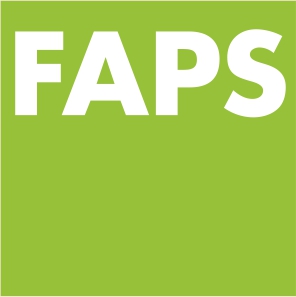
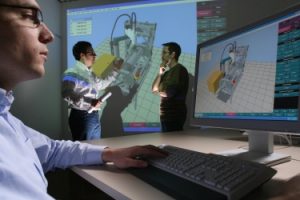
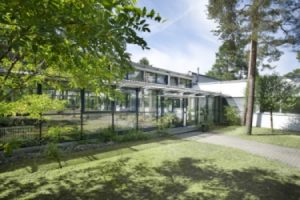
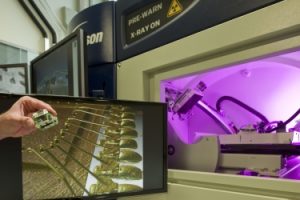
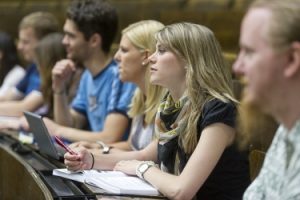
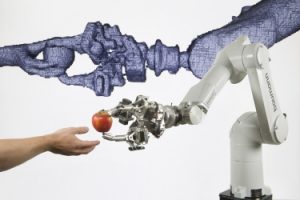
![[BA / PA / MA]: Multi-physics simulation and analysis of heating behavior in additively printed heating structure](/wp-content/uploads/sites/3/2024/01/Multi-Physik-Simulation-300x194.png)